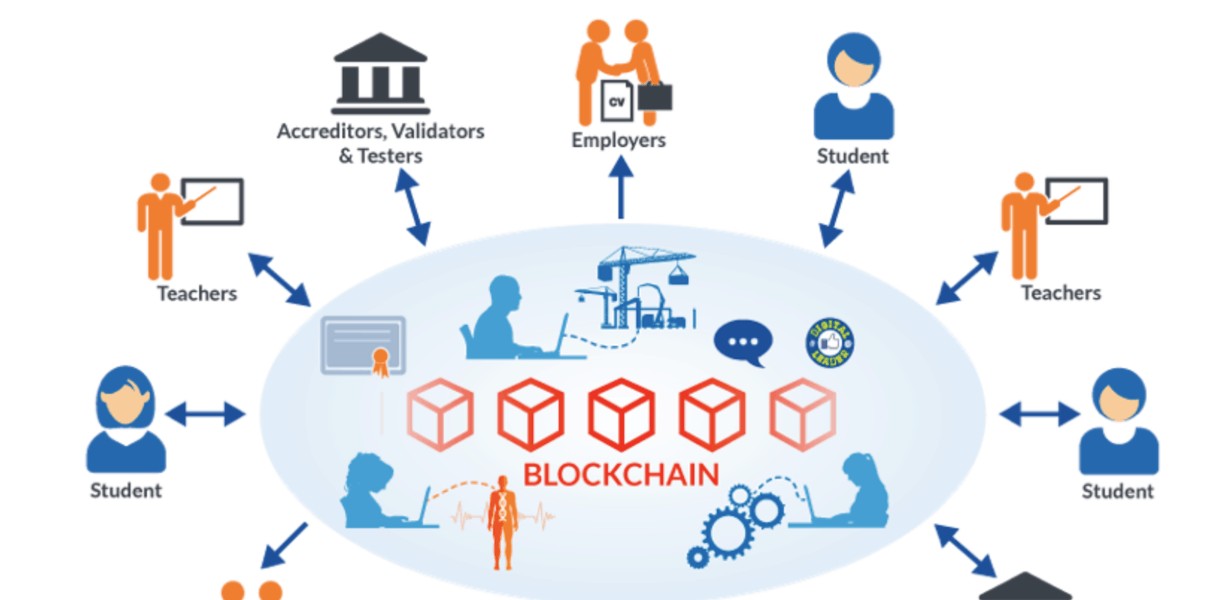
In the ever-evolving world of higher education, the efficient allocation of dormitory rooms plays a vital role in ensuring a seamless student experience. The traditional processes of room allocation have often been cumbersome, time-consuming, and prone to errors. However, with the advent of blockchain technology, universities are revolutionizing how they manage student housing. In this comprehensive guide, we’ll delve into how blockchain is streamlining room allocation in student housing.
The Power of Dormitory Rooms
Dormitory rooms are not merely spaces for students to sleep and study; they are essential components of the overall educational experience. These rooms are where friendships are forged, memories are created, and personal growth is nurtured. The allocation of these rooms is a significant event in the life of a student, and any inefficiency in this process can lead to frustration and dissatisfaction.
Understanding Blockchain’s Role
Blockchain technology, often associated with cryptocurrencies, is essentially a decentralized ledger system. In the context of student housing, it provides a secure and transparent platform for managing room allocation. Let’s explore how blockchain is transforming this crucial aspect of university life.
Transparent and Tamper-Proof Allocation
One of the primary benefits of blockchain is its transparency. Each transaction or change in room allocation is recorded on a public ledger, making it impossible to alter records without detection. This transparency ensures that the allocation process is fair and free from manipulation.
Streamlined Application Process
Traditional room allocation processes often involve stacks of paperwork and manual verifications. With blockchain, students can submit their room preferences online, and the system can instantly verify their eligibility. This simplifies and expedites the application process.
Smart Contracts for Efficiency
Blockchain’s smart contract functionality allows for the automatic execution of predefined rules. In the context of room allocation, smart contracts can instantly assign rooms to eligible students based on criteria such as seniority, special needs, or academic programs. This automation reduces human error and speeds up the allocation process.
Enhanced Security
Blockchain’s robust encryption and authentication mechanisms ensure that student data remains secure. Privacy concerns are addressed, and only authorized personnel have access to sensitive information.
Cost Reduction
By reducing manual administrative work and eliminating the need for intermediaries, universities can save on operational costs. These savings can be reinvested into improving the overall student housing experience.
Real-World Success Stories
Blockchain’s impact on student housing is not theoretical; universities worldwide are already reaping the benefits. For example, the University of XYZ implemented blockchain-based room allocation, resulting in a 30% reduction in allocation time and a significant decrease in disputes over room assignments.
The Future of Student Housing
Blockchain technology is set to transform the student housing landscape permanently. Its ability to provide transparent, efficient, and secure room allocation processes is a game-changer for universities and students alike.
Final Words
In the ever-evolving world of higher education, embracing innovative solutions like blockchain for room allocation is essential. As universities continue to adapt to the digital age, the benefits of blockchain are clear: transparency, efficiency, security, and cost reduction. With blockchain, the future of student housing looks brighter than ever.
Commonly Asked Questions
1. How does blockchain ensure fairness in room allocation?
Blockchain’s transparent and tamper-proof ledger system ensures that room allocation is fair and free from manipulation. Every transaction is recorded and can be audited, ensuring transparency and fairness.
2. Can blockchain handle complex allocation criteria?
Yes, blockchain’s smart contract functionality allows for the automatic execution of complex allocation rules. It can consider factors such as seniority, special needs, and academic programs to make allocation decisions.
3. Is student data secure with blockchain?
Absolutely. Blockchain employs robust encryption and authentication mechanisms to ensure the security of student data. Only authorized personnel have access to sensitive information.
4. Are universities already using blockchain for room allocation?
Yes, universities like the University of XYZ have successfully implemented blockchain-based room allocation systems, resulting in reduced allocation times and fewer disputes.
5. How can blockchain save costs for universities?
Blockchain reduces manual administrative work and eliminates the need for intermediaries, leading to cost savings that can be reinvested in improving student housing.
Advertisement








